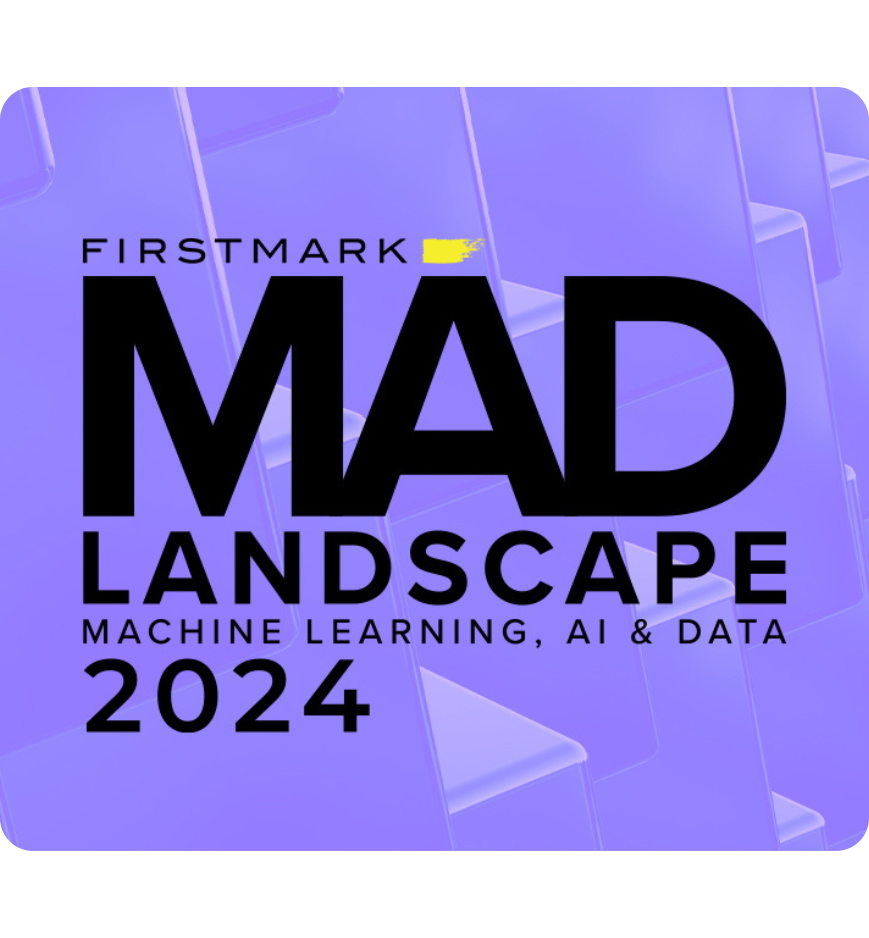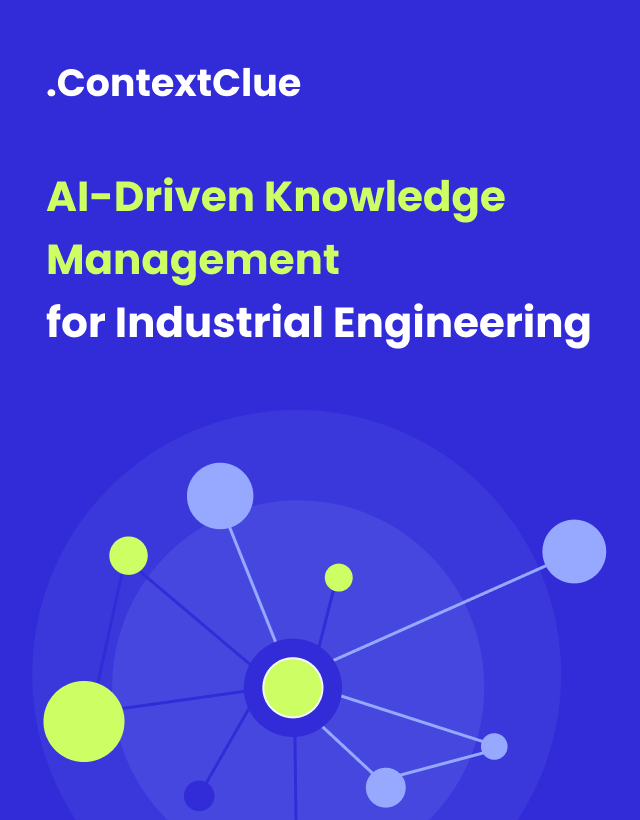
The aviation industry operates in one of the most complex logistical ecosystems in the world -where every minute counts and every misplaced bag directly impacts both customer satisfaction and operational costs. Each day, airlines handle millions of pieces of luggage across different airports, systems, and service providers. Despite this shared ecosystem, airlines remain financially responsible for lost baggage, even though the handling process is often outside their direct control.
The result is a costly and frustrating reality: airlines bear the financial and reputational impact, while airports have little economic incentive to prevent baggage loss. Bridging this misalignment requires more than just process changes – it demands data transparency, predictive intelligence, and cross-system integration.
Meet Our Client
The client is a global provider of IT and data solutions for the aviation industry, supporting both airlines and airports in their digital transformation journeys. Their software and data platforms power critical operations across flight management, passenger processing, and baggage logistics.
Our collaboration spans several years and multiple business areas. Together, we’ve delivered numerous proofs of concept (PoCs) and production-ready solutions, from data modernization initiatives to advanced analytics platforms. These projects share a common goal: helping the organization transition from siloed, legacy systems toward a unified, data-driven architecture that enables automation, AI, and real-time insights.
“Bag Radar” is one of the standout projects in this journey, a solution that began as a departmental pilot and evolved into a strategic data platform central to the client’s operations.
Case Study Shortcut
Challenge
Outdated infrastructure
The existing SQL Server and Power BI setup could handle static reports but was insufficient for the real-time analytics and automation the industry required.
Massive data volume and complexity
Each bag generates roughly seven tracking events throughout its journey – from check-in and security to loading and arrival. For large airlines, this means over 12 million events per day, demanding an infrastructure capable of high-throughput, low-latency processing.
Fragmented and non-standardized data
Airports and ground-handling systems send data in inconsistent formats, making integration difficult. The lack of standardization prevented scalability and increased maintenance costs.
Goal
The main objective was to create a scalable, real-time data platform that would not only modernize the client’s technical infrastructure but also drive tangible business outcomes.
From a business perspective, the platform’s purpose extended beyond technology – it was about improving operational efficiency, cost control, and service quality, ultimately enhancing the passenger experience.
The platform was designed to:
- Aggregate and process event streams from multiple baggage tracking systems
- Enable predictive modeling to identify at-risk baggage before loss occurs
- Standardize data for consistent use across teams and applications
- Deliver near real-time dashboards for airline operations teams
- Lay the groundwork for future AI and ML projects
Outcome
The Bag Radar platform has significantly improved how the client and its airline partners manage baggage operations, providing both measurable efficiencies and strategic value. Key Outcomes:
- Reduced operational costs: Early detection of potential losses enables faster recovery and lower compensation costs.
- Improved accountability: Airlines now have transparent insights into airport-level performance.
- Faster time-to-insight: Near real-time data replaced static, delayed reporting.
- Reusable data assets: Standardized data now powers multiple analytics and ML initiatives.
Before
- Legacy SQL-based data silos
- Static, day-old reports
- Fragmented data sources
- Reactive issue management
After
- Unified Databricks data platform
- Real-time dashboards and analytics
- Standardized, reusable data pipelines
- Predictive, proactive loss prevention

Integrate those solutions in your company
Case Study Details
Approach
Unified and Scalable Data Platform
- Databricks was implemented as the organization’s core data platform, centralizing all baggage-related data in one environment. It ensures consistency, transparency, and a single source of truth across systems, departments, and applications.
Real-Time Data Ingestion
- Integration with Azure Event Hub allows continuous ingestion of over 12 million daily baggage events. This enables real-time monitoring of luggage flow and immediate insight into potential issues.
Standardization and Data Reuse
- The platform unifies disparate data from airports, airlines, and ground handlers into standardized formats. Clean, reusable datasets now support both reporting and predictive analytics, reducing redundancy and accelerating insight generation.
Predictive Modeling for Early Detection
- A machine learning model analyzes live and historical data, such as flight routes, baggage attributes, weather conditions, and scanner events, to predict the likelihood of baggage loss in real time. Early alerts enable staff to act before a bag is officially lost, improving efficiency and customer satisfaction.
Actionable Business Intelligence
- Interactive dashboards visualize baggage performance, loss trends, and airport-level performance. Airlines use these insights to identify recurring issues, optimize processes, and improve accountability among partners.
Technology

Databricks

Microsoft Azure

Azure Event Hub

Scala

Python

Power BI

Databricks ML


Our Team Expert Opinion

At this scale, with over 12 million baggage events daily, batch processing was feasible but too slow for the operational decisions we needed to support. A streaming architecture with continuous ML inference gave us the responsiveness the business required. Given the organization’s strict security and compliance standards, maintaining multiple tools across domains wasn’t sustainable — securing and managing each integration separately for numerous teams doesn’t scale. As part of the broader move toward a data mesh architecture, Addepto led the adoption of Databricks as the standardized and secure platform for building domain-oriented data products. The unified environment for ingestion, transformation, and ML removed much of the operational friction, allowing engineers to focus on delivery and experimentation rather than infrastructure. This standardization not only accelerates development but also ensures consistency and governance across teams. With Delta Lake and Unity Catalog, secure cross-domain data sharing became practical — which is essential for making a data mesh work in a large, security-conscious organization.
Paweł Żak Tech Lead & Senior Data Engineer at Addepto














